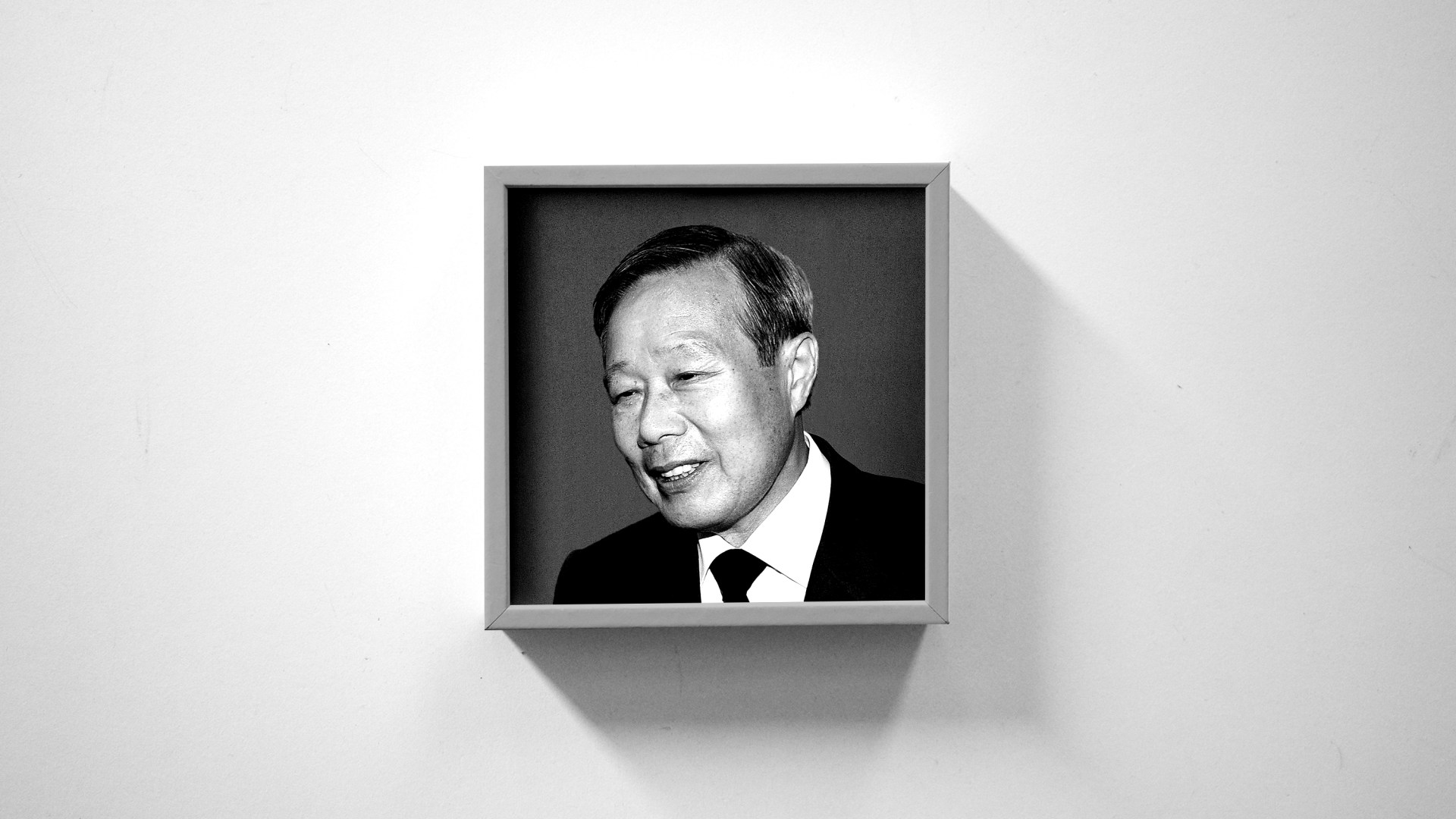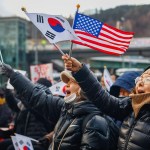Kim Shin-jo, a North Korean soldier who tried to assassinate the South Korean president and who later became a pastor, died on April 9 at a nursing hospital in Seoul. He was 82.
Kim was the only member captured in South Korea from a North Korean commando unit that attempted to launch an assault on the Blue House, South Korea’s presidential residence, in 1968. After his capture, he embraced Christianity and served as a pastor in South Korea, where he preached a message of reconciliation and restoration.
Kim was born in 1942 to a poor family in the coastal city of Chongjin. Korea was liberated from Japanese rule in 1945, and USSR troops occupied the north. In 1948, North Korea became its own country. Kim Il-sung, (no relation), who became chair of the Communist party that same year, spread his cult of personality through the country’s education system, and Kim attended schools steeped in ideology that venerated the leader.
After graduating from high school, Kim served in the army, and the government later selected him for an elite special forces unit under the direct command of Kim Il-sung’s inner circle. The Kim Il-sung regime, intent on forcibly reunifying the Korean Peninsula under communism, trained such units for covert missions in the South.
On January 19, two days before the planned attack, the commando unit encountered four brothers who were gathering firewood on the South Korean side of the Demilitarized Zone. Military policy required them to kill any civilians they encountered. However, after internal deliberation, the unit chose to spare the Woo brothers. The brothers immediately reported the incident to the local police, prompting authorities to enter high alert. Their warnings ultimately foiled the assassination attempt.
On January 21, Kim and his 30 fellow commandos approached the Blue House, preparing to assassinate President Park Chung Hee, but South Korean forces began shooting at them. By the end of the day, later known as the “January 21 incident,” South Korea had killed 29 commandos and captured Kim alive. One soldier escaped back to North Korea.
During the news conference, Kim shocked the South Korea society by declaring he came to “slit the throat” of Park. But within weeks he began to defend himself. “I didn’t fire a single bullet toward any civilian. I didn’t come to kill the people of South Korea—I was simply carrying out an order to kill the president of South Korea.”
Following his capture, authorities placed Kim under tight surveillance, classifying his situation as a special security case. They eventually released him after determining that he had not harmed any civilians during the Blue House raid and had fully renounced North Korean ideology.
Kim’s defection resulted in the execution of his family in North Korea under the regime’s collective punishment system. He credited his survival to “God’s sovereign grace.”
At a national level, the January 21 incident sparked the government to adopt stronger national security policies against North Korea, bolster security around the Blue House, and establish the Homeland Reserve Forces. Around the country, anti-Communist sentiment grew.
In 1970, Kim became a South Korean citizen. As he began his new life, he asked himself, “Who am I? Why am I here? What am I living for?” As he later recounted in his autobiography I Speak of My Sorrowful History (1994), these existential inquiries marked the beginning of his journey of faith.
The same year, he married Choi Jeong-hwa, who had written him comforting letters after having been moved by his story. Her devotion and faith became the catalyst for his own spiritual transformation. In 1981, he was baptized at Sungrak Church in Seoul where he confessed, “I came to kill the president, but God chose to save me.”
Kim’s conversion was not merely a change of religion. His education in North Korea had been deeply steeped in Communist ideology, and only through faith did he begin to contemplate human dignity and the existence of God. He often said his faith had liberated him from a life of bondage.
In 1989, Kim founded the Christian Fellowship of Defectors for the Gospel. The ministry offered resettlement, spiritual restoration, counseling, and community resources for North Koreans who had crossed the border. He regularly led Bible studies and prayer meetings and mentored North Korean youth.
Kim frequently spoke throughout the country, delivering more than 3,000 talks on national security and Korean reunification. His lectures combined gospel evangelism with anti-Communist education and testimonies about life under the North Korean regime, stories that resonated especially with youth and military personnel.
Kim also emphasized North Korean human rights and the repatriation of abductees. He advised the South Korean National Assembly and a political party on North Korean and human rights and he consistently advocated for dialogue between South and North Korea to be grounded in truth and human rights.
Kim’s life after conversion did not exempt him from hardship. In the 1980s, he began receiving death threats from the North, including threatening letters, either sent anonymously or signed with revolutionary slogans. Some of these accused him of being a “puppet of the South” and warned him that “punishment is coming.”
On January 21, 1997—the 29th anniversary of the Blue House raid—Kim was ordained as a pastor and began serving at Sungnak Sambong Church. He also ministered at Sungrak Church, the church that baptized him.
In his later years, Kim focused on writing and spiritual reflection. In addition to his autobiography, he published a devotional, The Goose That Cannot Fly. In it, he compared himself to a migratory bird who had been stopped “not by failure, but by grace.” “But in being stopped, I was saved,” he wrote.
Kim died of old age after a two-month stay at a nursing home. Among the mourners at his funeral was Woo Seong-je, the youngest of the four Woo brothers who encountered Kim before the assassination attempt in 1968. Woo stated, “Through him, I saw that the life I saved went on to save many more.”
Kim is survived by Choi and his son and daughter.













